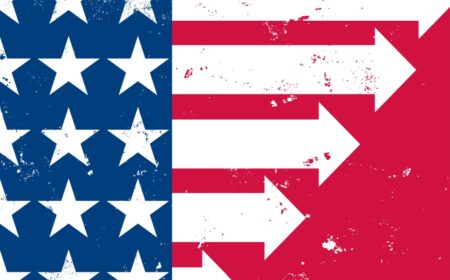UK continues with Online Safety Bill despite the change in leadership
The public is concerned on how legislation will affect end-to-end encryption

The UK government disputes the claim that a further parliamentary postponement will cause the Online Safety Bill’s passage to be delayed.
The Act will bring in a new era of accountability over the content that online platforms make available, and it is a cornerstone of the government’s aim to make the UK the safest place in the world to use the Internet.
PoliticsHome noticed the change to the House of Commons schedule last night and reported that the bill had been dropped from the Commons business for the second time in four months, despite Michelle Donelan, the secretary of state for digital, recently promising that the bill would return in the autumn.
The earlier halt in the bill’s advancement occurred following the ex-prime minister Boris Johnson’s resignation from his position as leader of the Conservative Party in the summer, which was followed by a drawn-out leadership election. The drifting law was placed on hold by Prime Minister Liz Truss, because she was concerned about how it may harm free expression.
The Department of Digital, Culture, Media and Sport (DCMS) said the delay in the bill’s parliamentary agenda is being implemented to give MPs time to examine these additional amendments, which they also said had not yet been laid out.
However, they argued that the delay would not have an impact on the bill’s passage and predicted that it will move forward in the coming weeks. They noted that the government continues to view the legislation as a major priority.
It’s possible that the change in PM won’t lead to significant changes in policy approaches in the area of online regulation because Sunak has voiced similar concerns about the Online Safety Bill’s effect on free speech. These concerns seem to be focused on provisions relating to restrictions on adults’ ‘legal but harmful speech.’
The Online Safety Bill has already been years in the works and has expanded in breadth and ambition thanks to a smattering of add-ons and late stage revisions, including to name just two, introducing provisions to address anonymous trolling and bringing fraudulent advertisements under control.
Critics of the measure, including the digital rights organisation The Org, assert that it is overly complicated.









